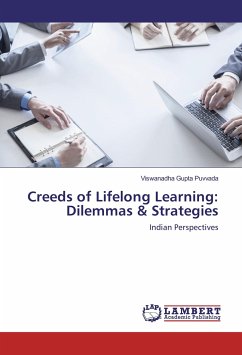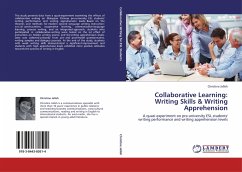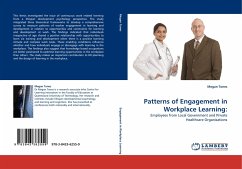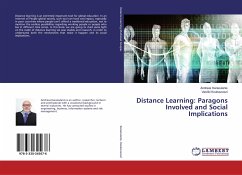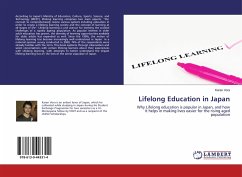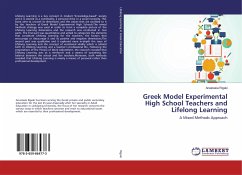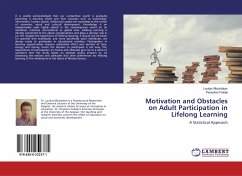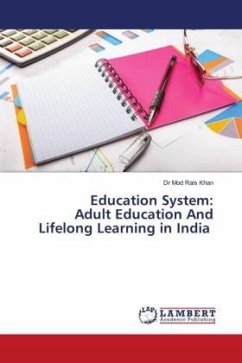Lifelong learning has been advanced as a concept that can provide the framework for appropriate policies to boost needed workforce skills and competences, and not just in the developed economies. Why LLL? First, if citizens are to meet rapidly changing needs, they will be obliged to undertake a continuous updating and adaptation of their skills and knowledge. From this angle, "opportunities for LLL throughout one's lifetime are becoming increasingly critical for countries to be competitive in the global knowledge economy." Second, it is neither feasible nor effective to conceive of full provision of the needed learning through public formal education and training programs and structures. Indeed, the uneven evidence on and experiences with responses from such programs to the emerging demands for learning has attracted interest to LLL as a promising framework to guide policy development. Here, a LLL orientation is understood to encompass learning activities and engagement not only over the life cycle but also in different learning environments i.e. formal, non-formal and informal; public and private.
Bitte wählen Sie Ihr Anliegen aus.
Rechnungen
Retourenschein anfordern
Bestellstatus
Storno

